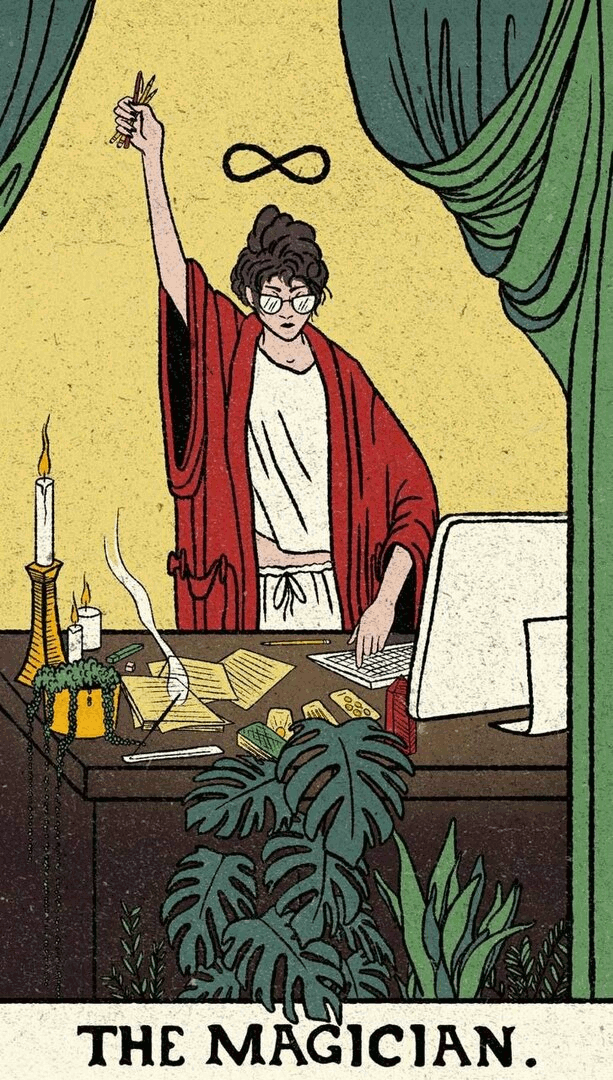⚡Eineygður Flakkari⚡ on Nostr: Universal emancipation was primarily the work of William Lloyd Garrison who wouldn't ...
Universal emancipation was primarily the work of William Lloyd Garrison who wouldn't budge on including women along with Africans in the effort to bring about legal equality. The British were opposed to it. There's a famous incident where William Lloyd Garrison and several women from USA attended a meeting of the British and Foreign Antislavery Society in London. The women were refused entry into the hall, and made to sit in a separate segregated gallery. Garrison refused to enter the hall either, and spent the event seated in the women's gallery in protest to the hypocrisy involved.
Thing with women's suffrage (distinct from women's liberation) is that in most instances women and men received suffrage at the same time with the same acts of legislation.
Most people are unaware that it wasn't enough to have a penis in order to vote. You also had to own property. However after WW1, the allies had depleted their military human resources and were considering the introduction of mandatory conscription in the event of another war. As a consolation prize, they introduced legislation across the allied nations to bring non-property owning people into the voter rolls so they would then have a legal pretext to forcibly conscript them into the military. Women were of course exempt from this mandate.
Most of what people think they know about women's liberation is nothing more than misandrist propaganda. PS. William Lloyd Garrison was a white man, as were the majority of anti-slavery proponents of the era. Not that it'll stop modern leftists from pointing the finger at anyone with a pale complexion.
https://en.wikipedia.org/wiki/Universal_suffrage#Dates_by_country
https://www.sott.net/article/376485-Everyones-forgotten-about-male-suffrage-Why
Another thing worth noting is that plenty of women were against suffrage, because they saw it as a means by which the state could coopt and subvert women's freedom. This is largely why socialist feminism and the state have had their tentacles intertwined ever since, and particularly since the 2nd wave of the 1970's.
Thing with women's suffrage (distinct from women's liberation) is that in most instances women and men received suffrage at the same time with the same acts of legislation.
Most people are unaware that it wasn't enough to have a penis in order to vote. You also had to own property. However after WW1, the allies had depleted their military human resources and were considering the introduction of mandatory conscription in the event of another war. As a consolation prize, they introduced legislation across the allied nations to bring non-property owning people into the voter rolls so they would then have a legal pretext to forcibly conscript them into the military. Women were of course exempt from this mandate.
Most of what people think they know about women's liberation is nothing more than misandrist propaganda. PS. William Lloyd Garrison was a white man, as were the majority of anti-slavery proponents of the era. Not that it'll stop modern leftists from pointing the finger at anyone with a pale complexion.
https://en.wikipedia.org/wiki/Universal_suffrage#Dates_by_country
https://www.sott.net/article/376485-Everyones-forgotten-about-male-suffrage-Why
Another thing worth noting is that plenty of women were against suffrage, because they saw it as a means by which the state could coopt and subvert women's freedom. This is largely why socialist feminism and the state have had their tentacles intertwined ever since, and particularly since the 2nd wave of the 1970's.
